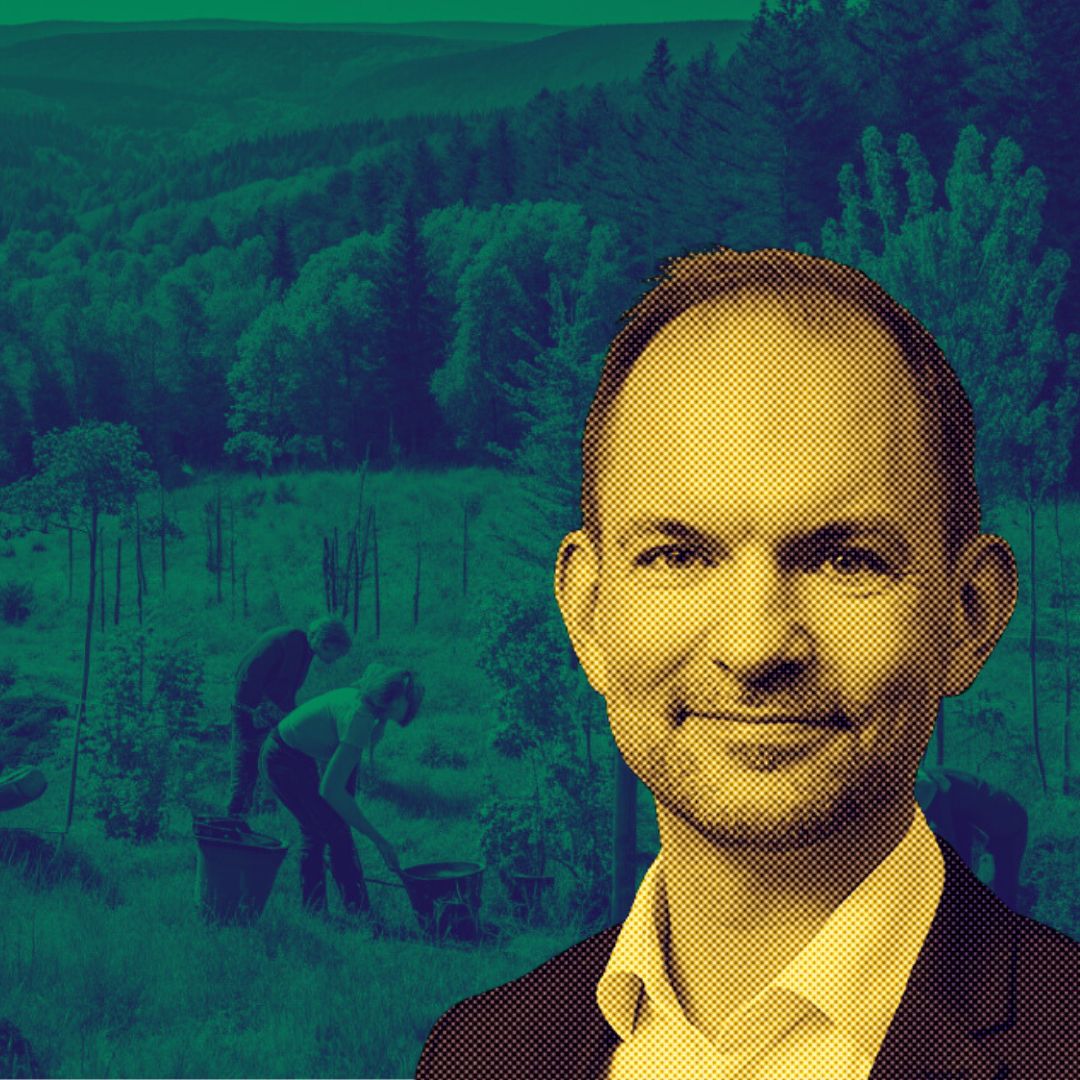Danish lawmakers have announced a groundbreaking plan to plant 1 billion trees and convert 10% of farmland into forests and natural habitats over the next 20 years, aiming to significantly reduce fertilizer usage. The government describes this initiative as “the biggest change to the Danish landscape in over 100 years.”
Major Environmental Shift
Jeppe Bruus, head of Denmark’s Green Tripartite Ministry, stated that this transformation will alter Danish nature in a way not seen since the wetlands were drained in 1864. The government has earmarked 43 billion kroner (approximately $6.1 billion) for land acquisition from farmers, which will expand Danish forests by an additional 250,000 hectares (618,000 acres) and convert another 140,000 hectares (346,000 acres) of climate-damaging farmland into natural landscapes. Currently, forests cover 14.6% of Denmark’s land.
Political Support
The agreement has garnered support from a coalition of parties, including the Social Democrats, Liberals, and Moderates, along with the Socialist People’s Party and others. A parliamentary vote on this deal is expected to be a formality.
Tackling Methane Emissions
In a complementary move, Denmark plans to tax livestock farmers for greenhouse gas emissions starting in 2030, making it the first country to do so. This measure targets methane emissions from livestock, a significant contributor to global warming.
Background Context
This initiative follows Denmark’s ongoing commitment to climate action and sustainability. Earlier efforts included the 2019 telethon, which raised funds for planting trees and inspired similar initiatives in other countries. The current plan builds on these foundations, showcasing Denmark’s proactive approach to environmental challenges.
The Logical Indian’s Perspective
At The Logical Indian, we view this initiative as a commendable step towards environmental stewardship and sustainability. It reflects a growing recognition of the urgent need for climate action and the importance of restoring natural habitats. Such efforts not only combat climate change but also promote biodiversity and improve air quality.
How do you believe initiatives like these can inspire other nations to take similar actions towards sustainability? Share your thoughts!












